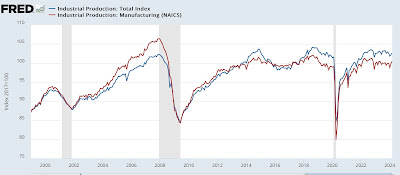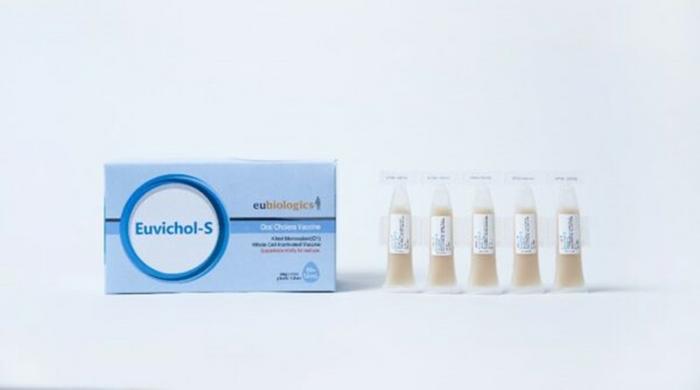– Euvichol-S, developed jointly by EuBiologics and IVI, improves productivity by approximately 40% over Euvichol-Plus®
– Production and supply of Euvichol-S expected to help address cholera vaccine shortages
April 15, 2024, SEOUL, Republic of Korea – EuBiologics and the International Vaccine Institute (IVI) announced that Euvichol-S, an improved oral cholera vaccine (OCV) developed jointly by EuBiologics and IVI, has achieved World Health Organization prequalification (PQ). Euvichol-S is a new OCV that has improved productivity by about 40 percent over the existing Euvichol-Plus® by modifying the formulation and manufacturing method of the original vaccine material.
In May last year, EuBiologics submitted a PQ application to WHO with technical support from IVI after a field inspection of its GMP facilities by the Korean Ministry of Food and Drug Safety on behalf of WHO. The new vaccine received an export license from KMFDS in December before winning the WHO seal of approval in about 10 months after application.
EuBiologics will now be able to produce and supply three oral cholera vaccines, including Euvichol® (in glass vials) and Euvichol-Plus®. There is a significant global shortage of vaccine for cholera prevention as reported recently by The New York Times, and the expected supply of Euvichol-S to UN agencies is expected to ease this supply shortage.
Euvichol-S was developed through technological collaboration between EuBiologics and Dr. Julia Lynch’s team at IVI, and its efficacy was demonstrated in a Phase 3 comparative clinical trial in Nepal last year. The development of the vaccine was funded by the Bill & Melinda Gates Foundation, and the vaccine will be produced and distributed by EuBiologics. After the scale-up process, Euvichol-S will be mass produced in GMP facilities at the company’s Chuncheon Plant 1 and Plant 2 in the Republic of Korea beginning in the second quarter.
Dr. Julia Lynch, Director of IVI’s Cholera Program, said, “The addition of Euvichol-S to global health market will contribute to easing the shortage of OCV supply amid a dire global cholera situation. IVI will continue efforts to enhance the availability of OCV worldwide and develop new and improved vaccines that are equally safe, effective, and affordable.”
###
About the International Vaccine Institute (IVI)
The International Vaccine Institute (IVI) is a non-profit international organization established in 1997 at the initiative of the United Nations Development Programme with a mission to discover, develop, and deliver safe, effective, and affordable vaccines for global health.
IVI’s current portfolio includes vaccines at all stages of pre-clinical and clinical development for infectious diseases that disproportionately affect low- and middle-income countries, such as cholera, typhoid, chikungunya, shigella, salmonella, schistosomiasis, hepatitis E, HPV, COVID-19, and more. IVI developed the world’s first low-cost oral cholera vaccine, pre-qualified by the World Health Organization (WHO), and developed a new-generation typhoid conjugate vaccine that also achieved WHO prequalification in early 2024.
IVI is headquartered in Seoul, Republic of Korea with a Europe Regional Office in Sweden, an Africa Regional Office in Rwanda, a Country Office in Austria, and a Country and Project Office in Kenya. IVI additionally co-founded the Hong Kong Jockey Club Global Health Institute in Hong Kong and hosts Collaborating Centers in Ghana, Ethiopia, and Madagascar. 39 countries and the WHO are members of IVI, and the governments of the Republic of Korea, Sweden, India, Finland, and Thailand provide state funding. For more information, please visit https://www.ivi.int.










































